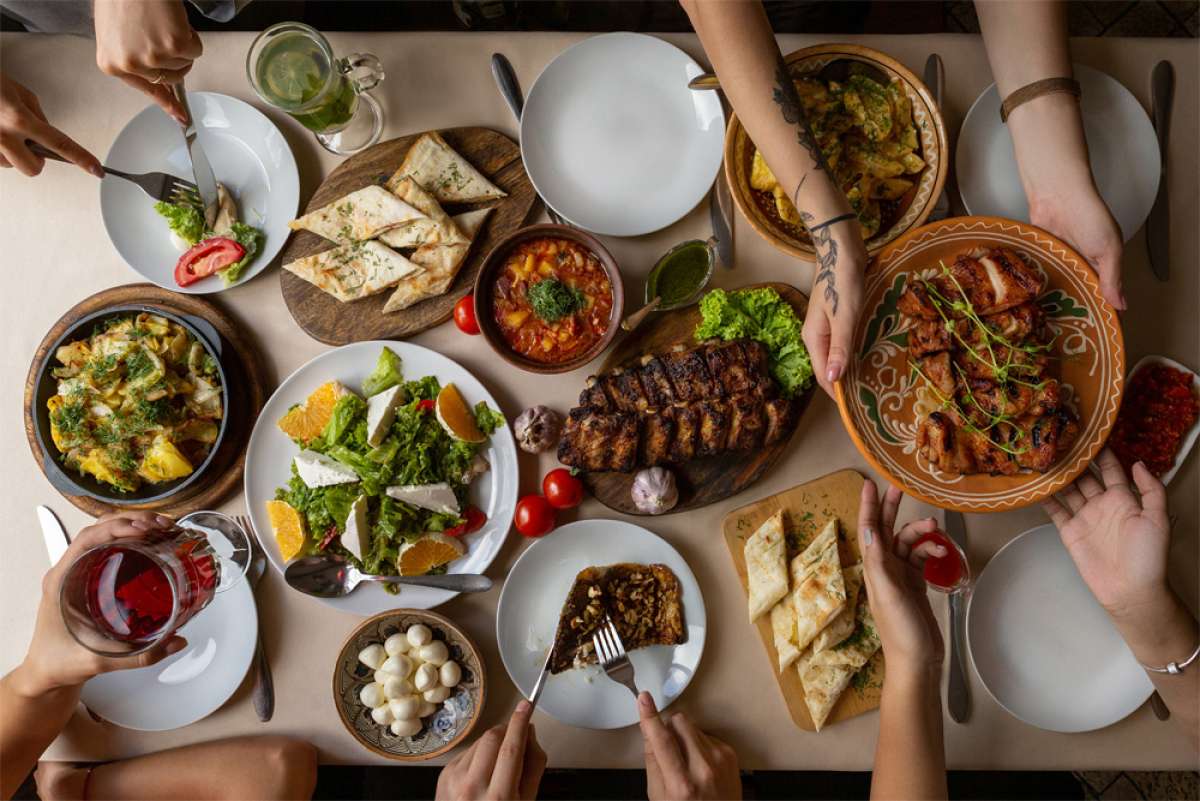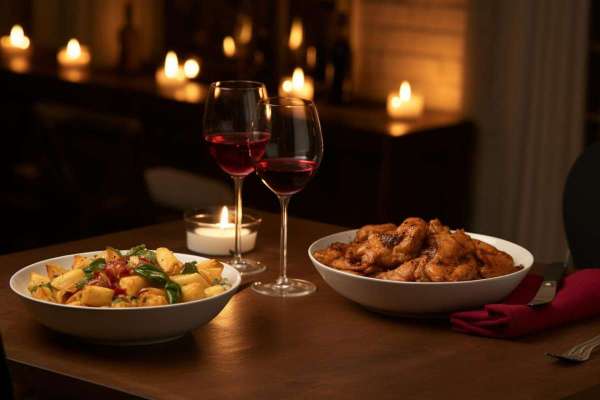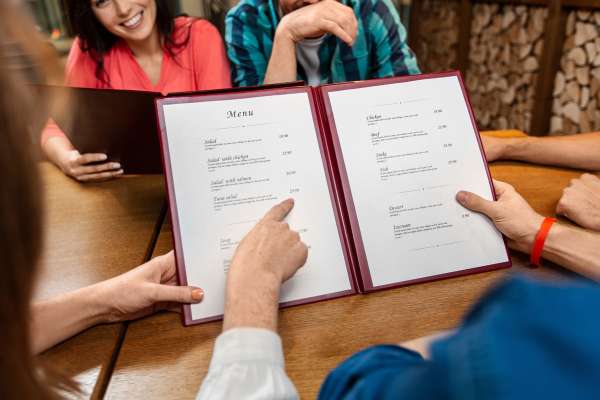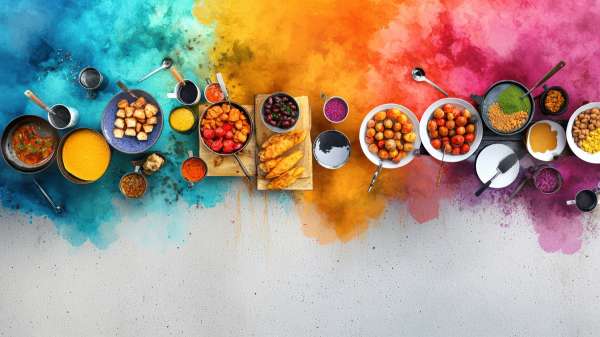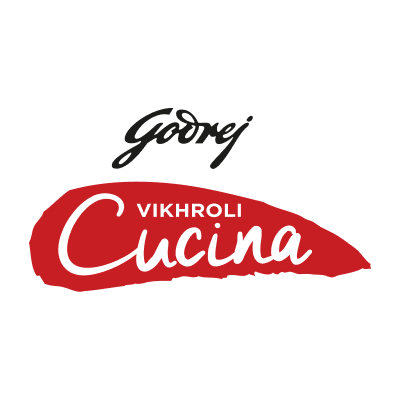
Culinarian’s take: How Mumbai's supper clubs are building communities around the dinner table
The future of dining is personal. Why are some diners swapping restaurant reservations for a seat at a stranger's table? This Culinarian's Take dives into Mumbai's booming supper club scene, an intimate world of exclusive meals, personal stories and deep connections, where building community is first on the menu

Diners today want far greater engagement with the food they eat! And the dining experience for most of us has now extended beyond the functional and into the aesthetic. In the last issue of the ‘Culinarian’s take,’ we looked at how food mavens are rethinking dining out and experimenting with new menus and newer F&B experiences and what the culinarians are making of food activism that is steadily on the rise; In this issue, we’re looking at the burgeoning trend of ‘supper clubs’ and food communities that are mushrooming everywhere in town. Before we get into it, let’s see what the experts behind the Godrej Food Trends Report 2025 predict will define immersive and interactive dining in 2025.
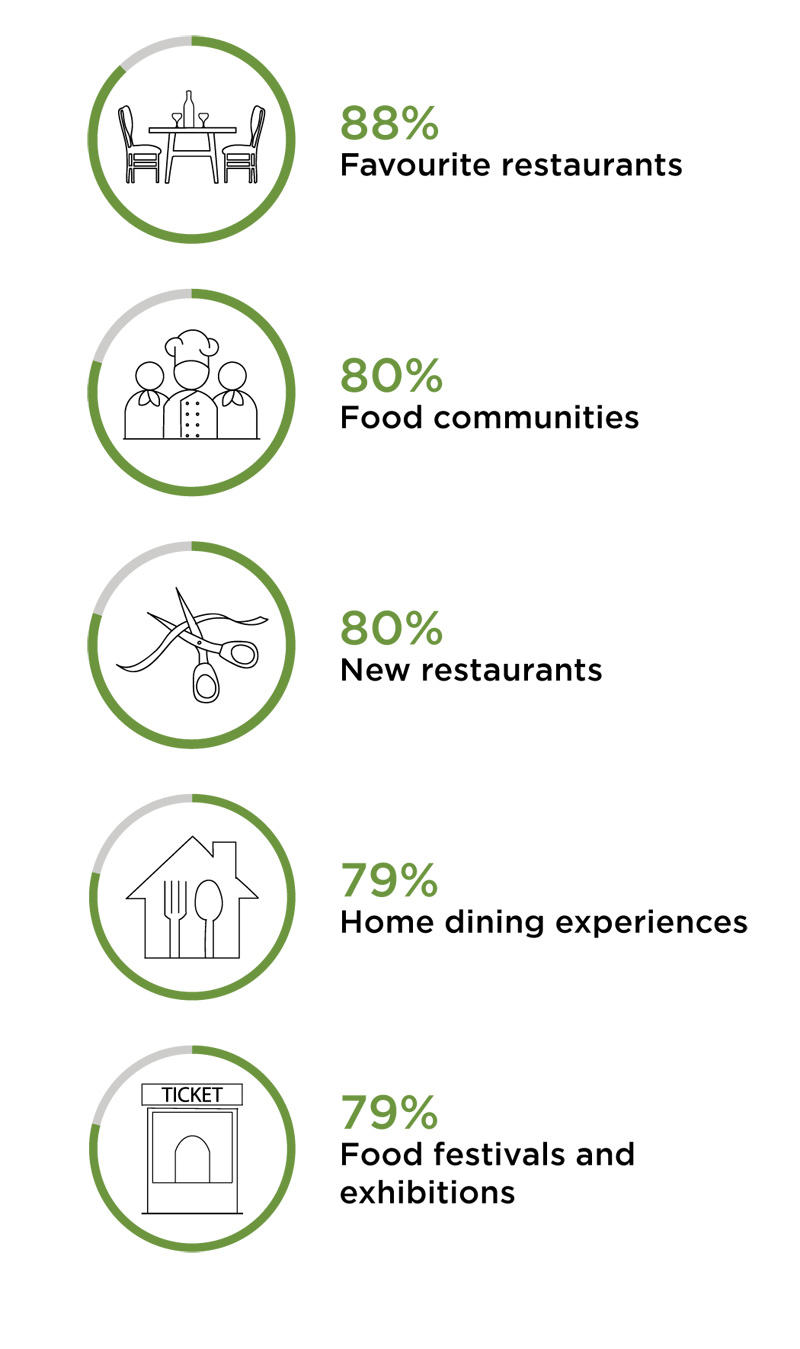
There you have it — food communities and home dining experiences are set to thrive in 2025 and beyond! This movement is flourishing in vibrant food communities like supper clubs, cookbook clubs and WhatsApp groups, offering platforms to like-minded folks to build relationships around their shared passions for food.
What’s driving this movement?
Food communities and home dining experiences provide a deeper understanding of consumer values and social connections, says Sanjay Anand, a F&B magazine publisher. Prachi Gupta the co-founder of House of Mala, a supper club in Mumbai adds, "Imagine being at a dinner party but with people you've never met, in a cosy home and food that makes you pause and go 'wait, what is this?!' That's a supper club. It's not just dinner, it's a vibe. The charm lies in how personal and immersive it feels, very different from your usual dinner outing." This search for deeper meaning is driving consumers towards formats that prioritise connection. Food stylist and photographer Alok Verma notes that people will find inspiration in these community-driven kitchens, and pop-up experiences that offer opportunities to connect with local producers and consumers.
The air of exclusivity around the clubs is also part of the charm. Saloni Gupta, co-founder, House of Mala, feels that people today want more than just a meal; they want a story, something they can be a part of and supper clubs feel like being let in on a secret. That sense of 'not everyone gets to do this' makes it exciting.
A look at Mumbai’s supper club scene
Here are some most talked about supper club scenes in town.
Salon, Colaba
At the Salon, Colaba, Singaporean diplomat and art patron, Renjie Wong runs a salon-style invite-only supper club. This salon-style supper club is as much about conversation, art and identity as it is about food. The menu changes each time, with seasonal produce and organic farm supplies, but always inspired by Singapore’s diverse flavours. Here, you can expect an assortment of local vegetables and dipping sauces like the wild fennel thecha and pragati turmeric sambal tumis [a spicy stir-fry made with turmeric and chili paste]. And a broth made from 15 foraged herbs thickened with crabapple (leicha somen). Other creative combinations include chyepoh brown butter wrapped in leek [a savoury bite of salty preserved radish and nutty browned butter], yong tau foo in an herbaceous danggui broth topped with Kashmiri saffron [stuffed tofu and vegetables served in a fragrant, medicinal broth made from angelica root], and laoban douhua with a layer of wild blackberry/sour plum sauce and fennel pollen [a silky, chilled soybean pudding with a texture similar to panna cotta]
House of Mala
In Khar, sisters Prachi and Saloni Gupta are bringing the Sichuan cuisine to Mumbai’s dining playground. This supper club sources authentic Sichuan ingredients, with the spices, chillies and peppercorns coming from Hong Kong. Whereas the local aspect plays in with the other ingredients like tofu, rice and noodles, all sourced locally. The supper club’s name, Málà, is a gastro-cultural reference to Chongqing, the birthplace of Sichuan cooking’s unique flavours.
These experiences are intentionally intimate; hosts cap their guest lists at 10-12 people to maintain a personal atmosphere. Supper clubs are offering a somewhat fresh, communal dining experience that traditional restaurant dining can't match. Rushina Munshaw-Ghildiyal is of the opinion that supper clubs are poised to evolve into “collaborative hubs of learning and growth”.
The future of food, it seems, lies not just in what we eat, but in the communities, we build around the table.
What’s your take on the rise of food communities? Are you a part of one? Let us know in the comments!

